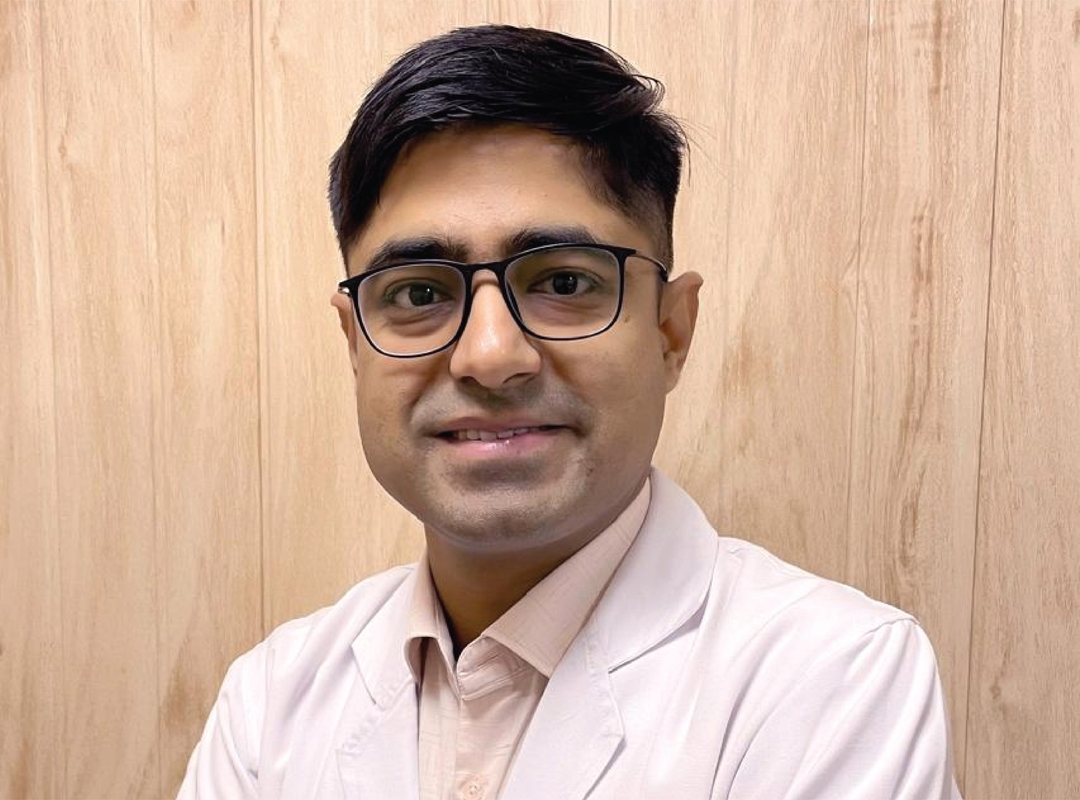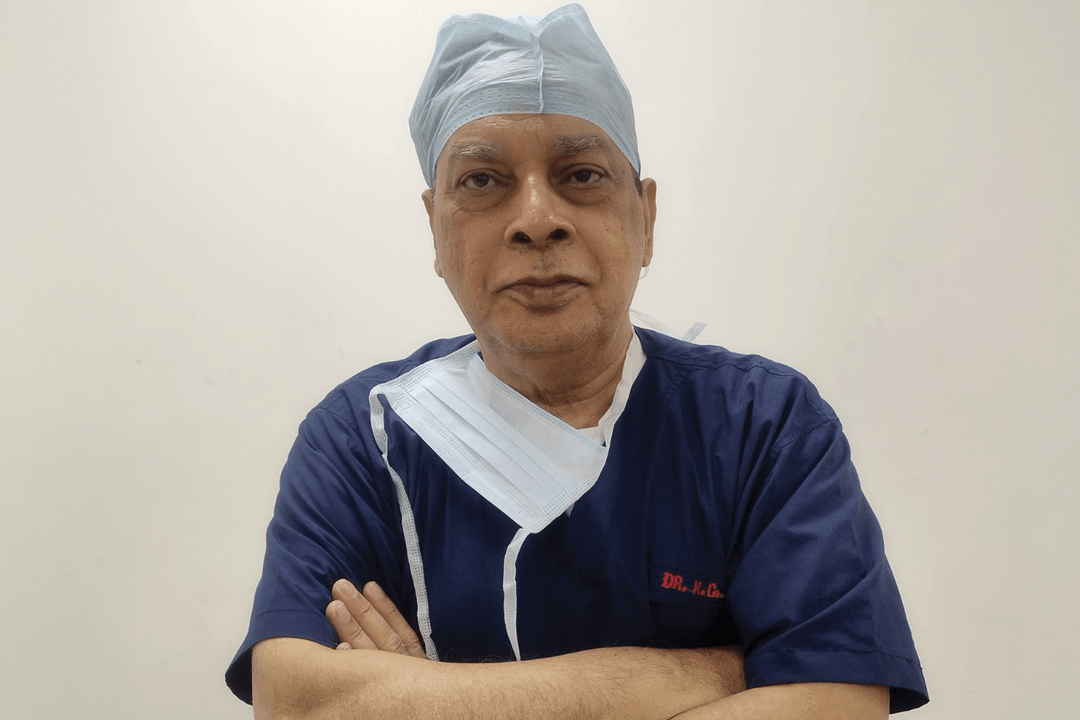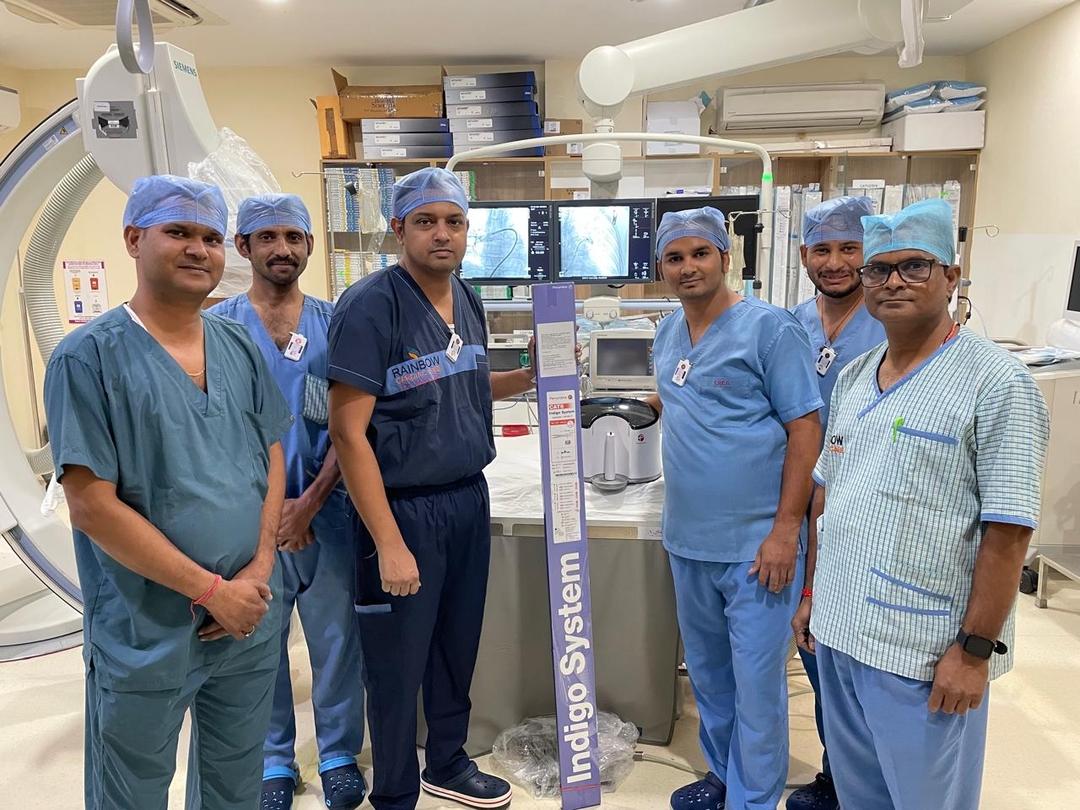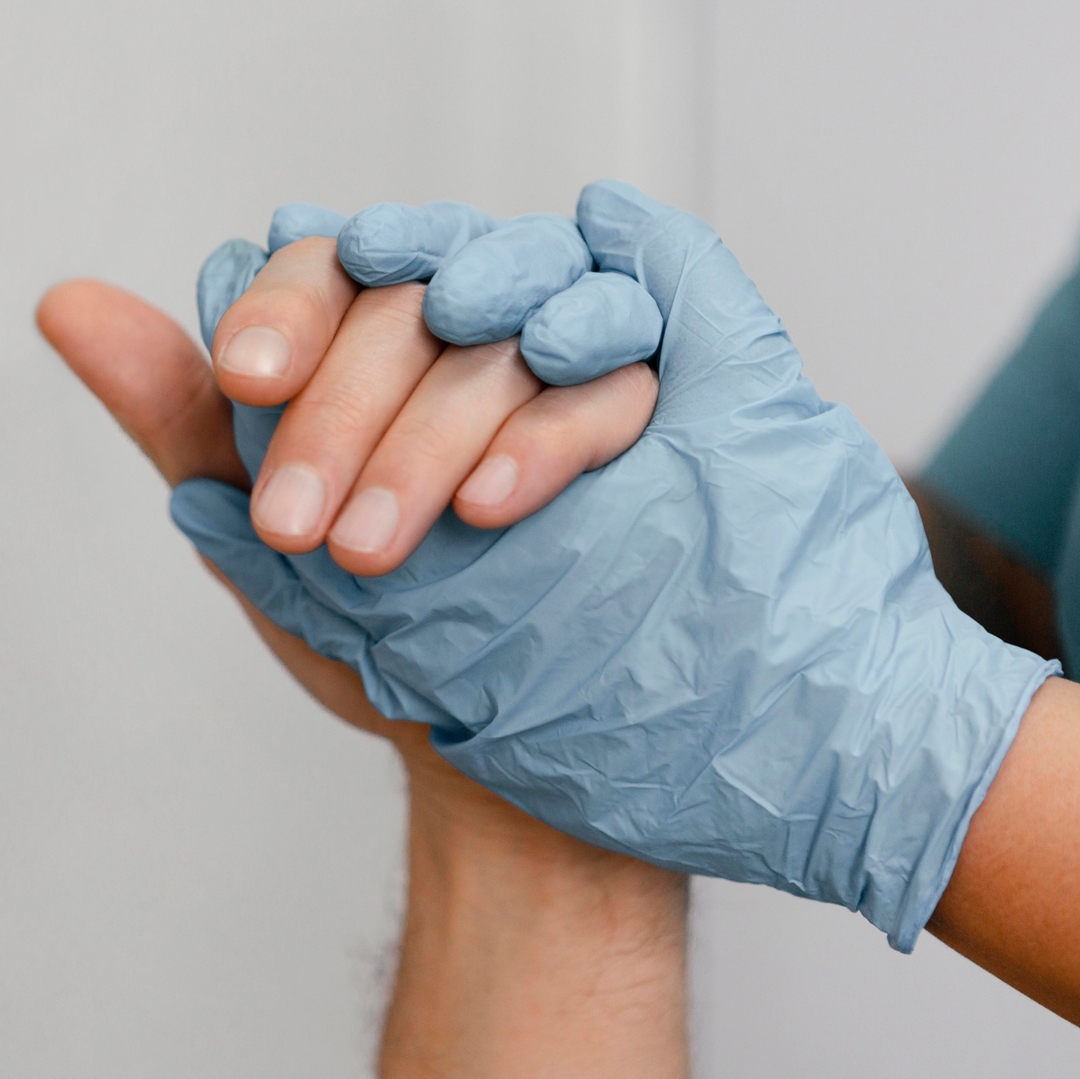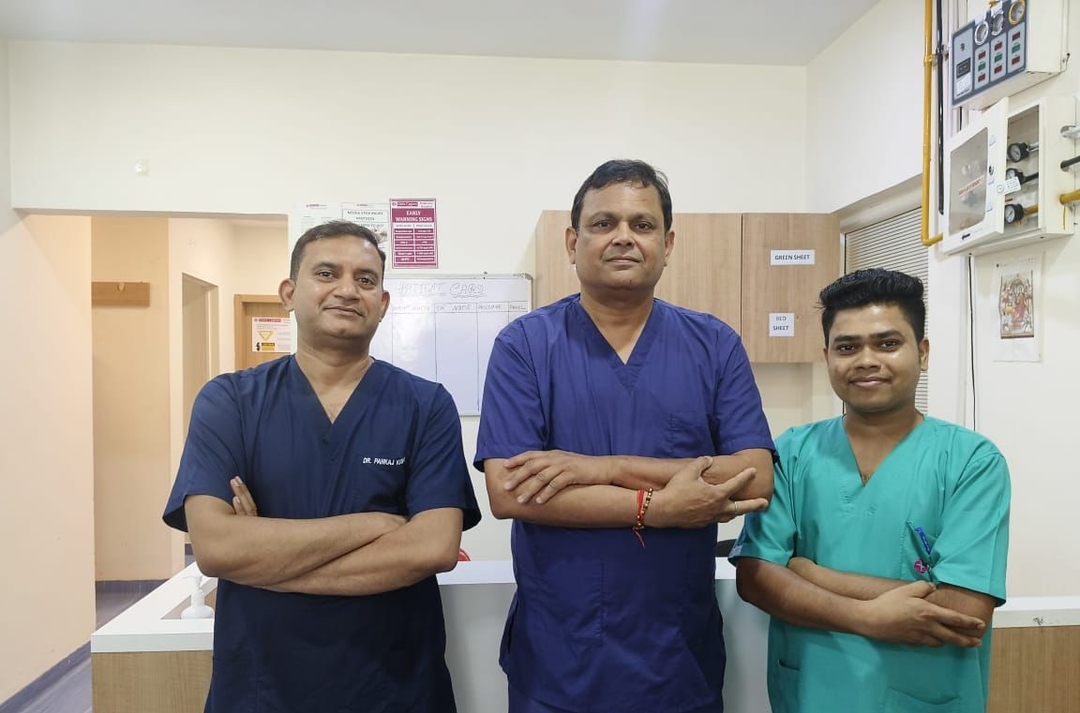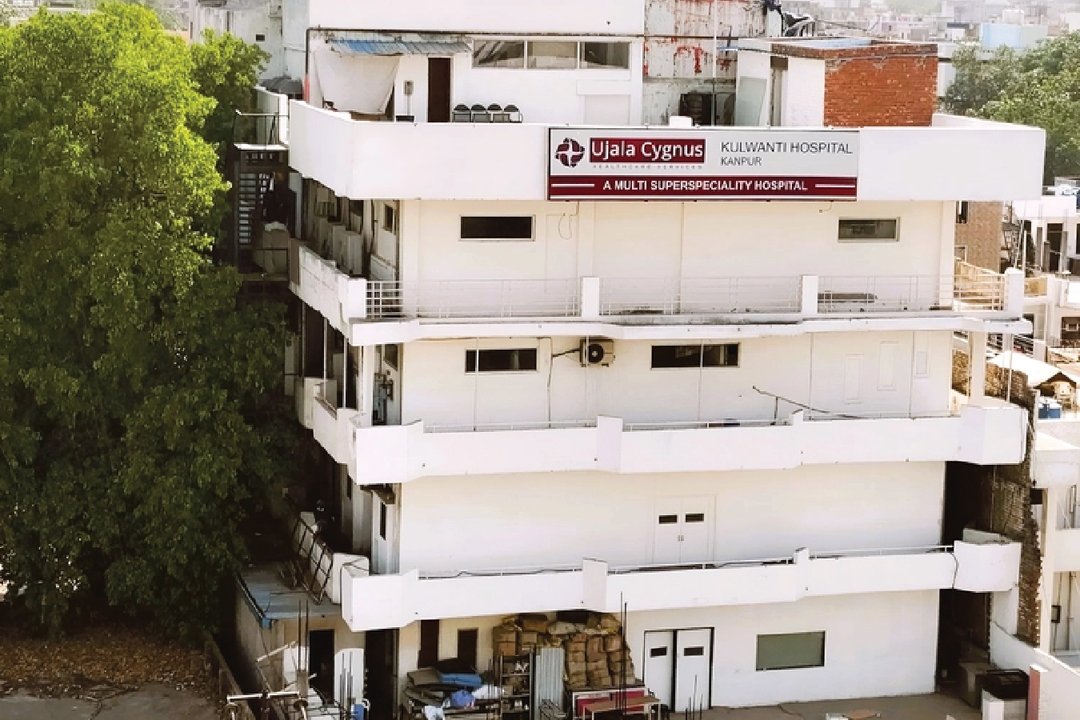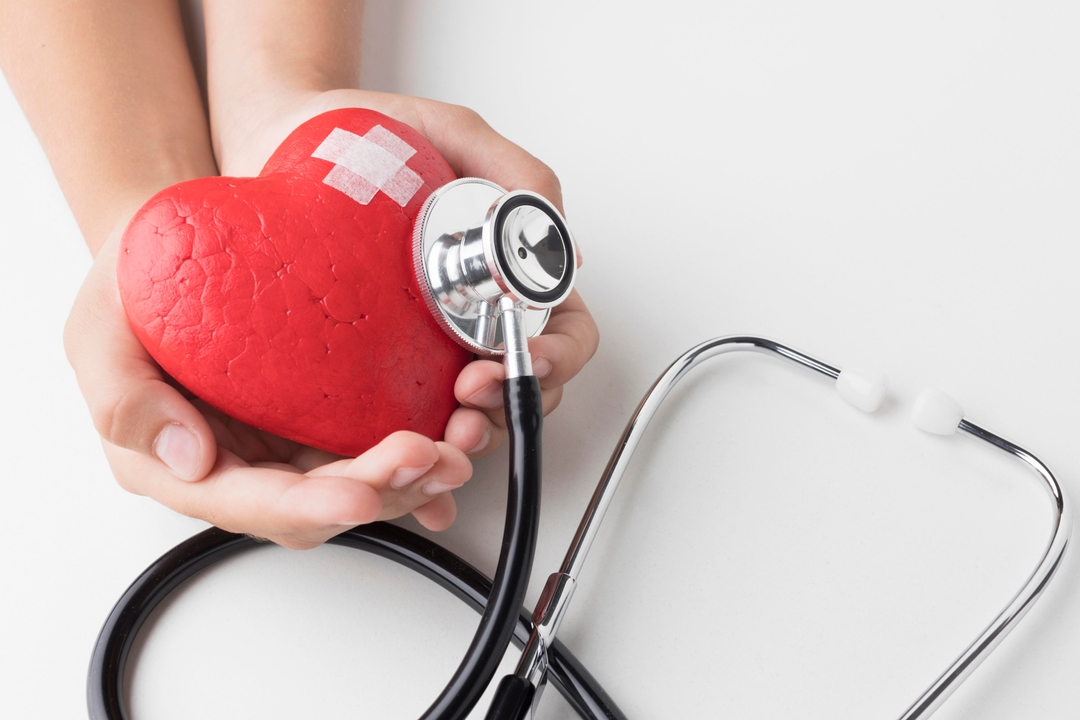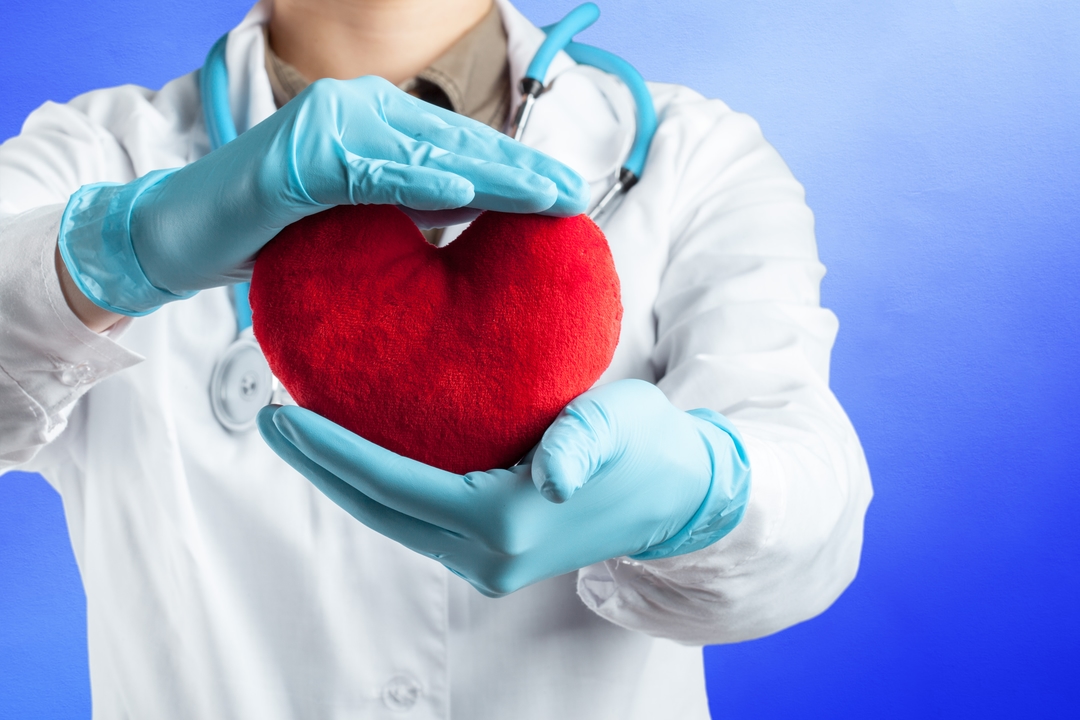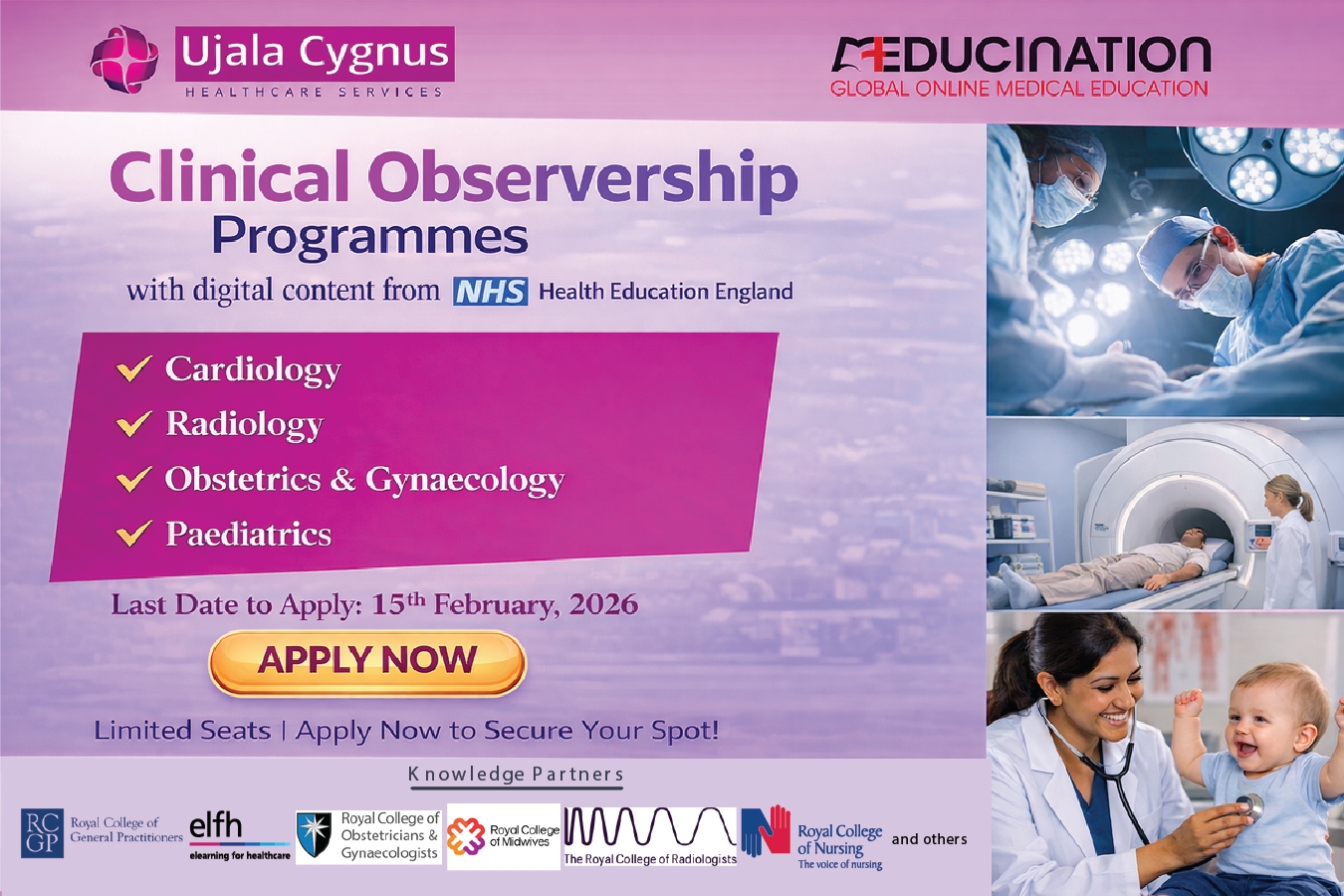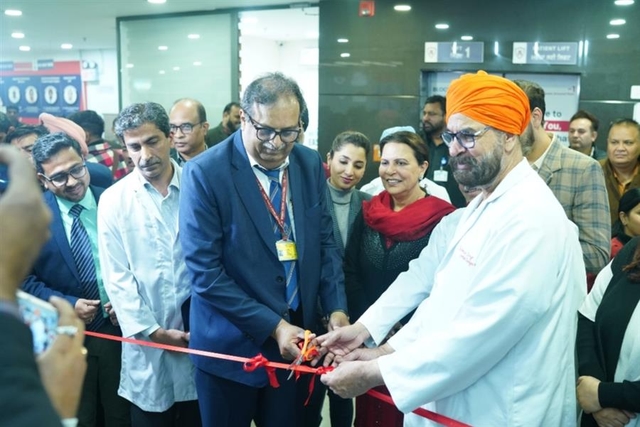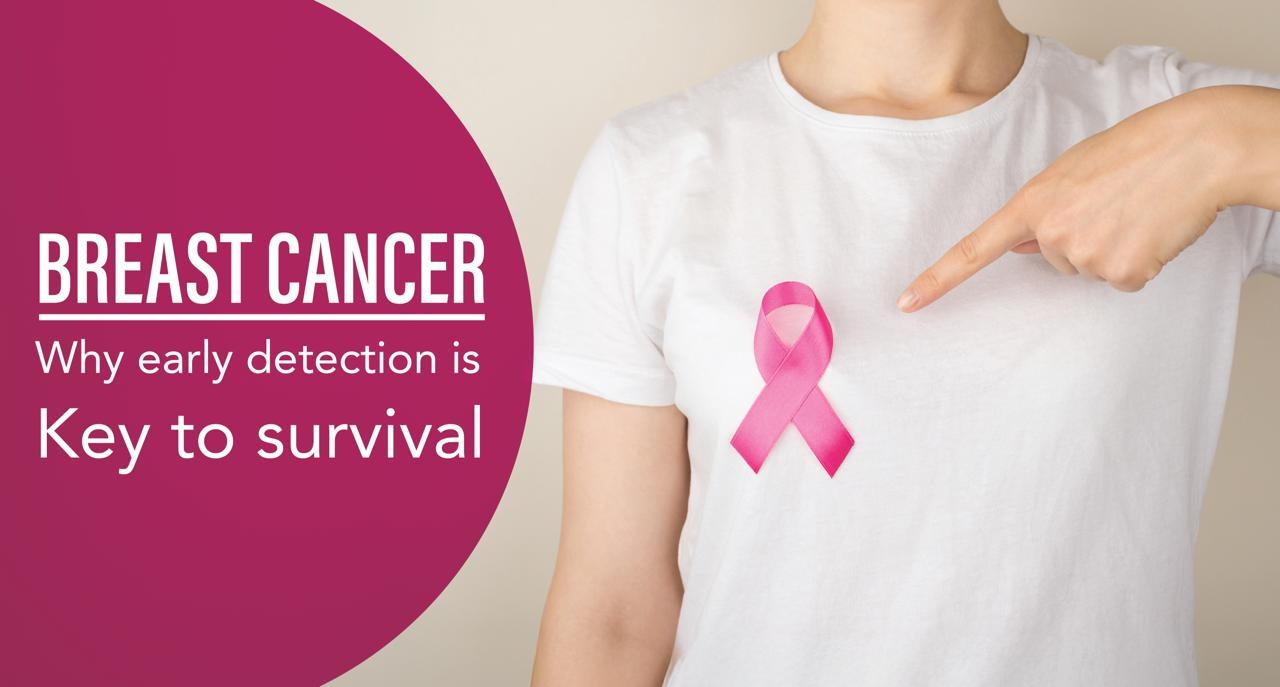
Breast Cancer: Why Early Detection is key to Survival
By Priyambda Sahay
Reviewed by : Ujala Cygnus
November 22, 2025
Breast cancer is the most common cancer among women. It occurs when cells in breast tissue grow uncontrollably, forming tumors. Breast cancer cells begin inside the milk ducts or the milk-producing lobules of the breast. If not treated early, these tumors can spread to other parts of the body, often beginning with nearby lymph nodes, a process known as metastasis. However, if detected in the early stages and treated promptly, the chances of recovery are significantly higher.
Around 5–10% of breast cancer cases are hereditary, and most occur in people over the age of 50. However, in recent years, the incidence of breast cancer among women under 40 has been increasing. The good news is that when breast cancer is detected in the early stages, 99% of cases can be successfully treated. This makes early detection and awareness critically important.
According to government estimates, in 2023, India reported approximately 2.22 lakh cases of breast cancer, with around 83,000 deaths. These numbers are alarming, but doctors believe that early identification of symptoms can help save many lives. According to a World Health Organisation (WHO) report, an estimated 20.3 lakh women were diagnosed with breast cancer in 2022, and around 6.70 lakh deaths were reported globally. Breast cancer occurs in women across all countries and at any age after puberty, with incidence rates increasing in later life.
It is a fact that there is no sure way to prevent breast cancer. But there are things you can do that might lower your risk. This can be especially helpful for women with certain risk factors for breast cancer, such as having a strong family history or certain inherited gene changes. Increased body weight and weight gain as an adult are linked with a higher risk of breast cancer after menopause. Therefore, it is important to maintain a healthy weight, stay physically active, and avoid or limit alcohol consumption.
If breast cancer is detected early, it can be treated effectively. However, Stage 3 and Stage 4 cancers can be life-threatening. Today, many advanced treatments are available, such as Breast-Conserving Surgery, where the entire breast does not need to be removed. Additionally, options like precision medicine, targeted therapy, and immunotherapy are being used in severe cases. Ongoing research continues to improve treatment outcomes and techniques. Treatment for breast cancer depends on how far it has spread beyond the breast to the lymph nodes or other parts of the body. Doctors manage breast cancer through surgery to remove the tumor, radiation therapy to reduce the risk of recurrence in the breast and surrounding tissues, and medication to kill cancer cells and prevent their spread.
Doctors recommend that women start learning breast self-examination from the age of 20. Detecting abnormalities early through self-checks can make treatment easier and more successful. Women should ideally perform this self-examination twice a month. However, some breast cancers cannot be detected by breast self-exam because they are too small. Therefore, doctors suggest that self-exams should always be combined with regular physical examinations and screening methods such as mammography, ultrasound, MRI, or a combination of these when needed.
Dr. Ashwin Mohandas, Consultant, Medical Oncology at Ujala Cygnus Rainbow Hospital, Agra has answered many important questions about breast cancer.
1. What are the main symptoms of breast cancer?
There are four main symptoms of breast cancer:
A simple self-check at home can help identify early signs, but if you notice any persistent changes or have any doubts, you should definitely consult a doctor for a professional preliminary examination. Breast cancer may also be hereditary. If a mother, aunt, or grandmother has had the disease, the risk increases. Other factors like obesity, early menopause, alcohol, and smoking can also raise the risk.
2. How can breast cancer be detected in the beginning?
Breast cancer can often be detected early through self-examination at home. Women can learn the proper technique from a trained cancer specialist. Early detection increases the chances of successful treatment and survival. A mammogram is another important tool for screening, especially for women over the age of 40. If you notice a lump in the breast or armpit, discharge from the nipple, or changes in breast shape or skin, these could be warning signs — and medical advice should be sought immediately.
3. How many stages are there for breast cancer?
Breast cancer typically progresses through four stages.
4. Does breast cancer only affect women?
Not at all. Breast cancer can also occur in men, although the cases are rare (less than 1%). In men, it also tends to have a hereditary component and follows similar stages and treatment methods as in women.
5. At what age is the risk of breast cancer higher, and how can it be prevented?
Breast cancer can occur at any age, whether a woman is in her 30s or older. The most effective protection is awareness. A healthy lifestyle can reduce risks including regular exercise, yoga, avoiding smoking and alcohol, eating home-cooked food, consuming plenty of fruits and vegetables, and maintaining a healthy BMI (Body Mass Index).
Some studies suggest that breastfeeding may help lower the risk of breast cancer. Additionally, if you notice any unusual changes during self-examination, it’s crucial to get a mammogram right away to ensure early diagnosis.
Experts also emphasize the need for greater awareness in small towns and rural areas. Training community health workers and volunteers, conducting outreach OPDs, and organizing mobile cancer screening camps can help reach more people and dispel the stigma associated with cancer.
Common Myths About Breast Cancer
There are several misconceptions surrounding breast cancer. Here are a few common myths:
If you have any questions related to breast cancer, you can consult a doctor at your nearest Ujala Cygnus Hospital or email our health experts at askadoctor@ujalacygnus.com
Loading...
